Description
Our first Kenyan Natural Processed! After 2 seasons of looking we finally found our first Kenyan Natural worth grabbing!
Be aware Kenya fans, this cup is different! Natural processed coffees have a taste of their own. Slow dried in the coffee fruit itself, gives the cup much sweeter and fruitier cup characteristics. Premium Kenyan naturals are new to the market, up until a couple years ago, they were non-existent.
“Western” Kenya is often used as a catch-all for any coffees grown west of Nairobi. There is a vast diversity of terrain however, in Kenya’s western counties. This particular lot, from Narok county in Kenya’s extreme southwest, is produced on a high-elevation plateau only a few kilometers from the Masai Mara, Kenya’s most famous big game preserve and safari destination. Narok county runs along Kenya’s southern border with Tanzania, whereupon the Masai Mara turns into the enormous Serengeti National Park.
It’s hard to imagine coffee and expansive savannahs co-habiting in the same environment, but in the case of Mara Estate, it is working well. And in almost every way, this natural lot from Mara Estate is the total opposite of what most people expect from Kenya coffees. Mara Estate is very young, established only in 2019. The farm is planted entirely with Batian, a government-developed cultivar bred for a combination of disease resistance and quality that, while widespread, is rarely grown on its own. Mara is a large estate, with minimal shade, planted near the town of Lolgorien, and harvest during Kenya’s fly crop months of May, June, and July. So far, the farm is processing almost entirely naturals, which are barrel-fermented for 4 days prior to drying on raised beds, to allow the fruit to sweeten and partially ferment before drying. Like we said, different from conventional Kenyas in almost every way.
Tasting Notes: A very fun & tasty African natural. To see it shine, keep it in the light to medium roast range, although it’s a tasty cup from light to dark.
Light roasts themselves have a stronger lemony floral tone right upfront. For a Kenyan, would not be considered high acidity but will be clearly noticeable in the taste. Behind the brighter floral notes lies a nice semi-sweet stone-fruit tone, similar to cascara or to some, strawberry’ish. The fruit and floral will quickly fade into a more robust chocolate note with some traditional Kenya spice kicking in mostly in the aftertaste.
Medium roasts will mute the floral/fruity tones to just a hint over-top of the more robust chocolate & spice darker tones. Still exotic for a Kenya but promotes more traditional Kenyan like tones the darker you roast. Dark roasts themselves retain a much sweeter edge than the washed processed Kenyans and one can see just a touch of fruitiness as the cup cools.
Roasting Notes: Natural processed Kenyans will roast very different from washed processed. Slightly uneven with a higher chaff content. If you have roasted naturals before, an easy bean to roast. It is nice prep for a natural processed. If you have not roasted naturals before, reducing batch size and slowing down the roast a bit is generally a good idea. Usually we judge the roasts on natural by the darker beans, if they get too dark the jazz will be lost. If shooting very light, you may still see a tan bean or two worth flicking out of the final product.
Coffee’s history in Kenya is short compared to Ethiopia, its neighbor to the north, with the introduction of coffee occurring around the turn of the 19th century at the hands of British missionaries who brought bourbon-lineage coffee trees from Brazil. As the value of the cash crop grew in the European marketplace, the British settlers would force indigenous Africans out of the trade by outlawing coffee production outside their colonial estate network. It wouldn’t be until the years of conflict prior to Kenya’s independence, from 1952-1960, that indigenous Africans would be permitted to plant coffee—although for years afterward plantings were severely limited and none of the coffee produced by smallholders was permitted to be consumed. Since independence, the large estate holdings have evolved to reflect Kenya’s modern demographic: ownership can be single families, corporations, or groups of shareholders. And, like Mara Estate, large farms are still being built, in innovative locations that are historically underserved. Mara’s location in Narok makes it a uniquely large employer for surrounding families, and a unique source of unconventional coffees from Kenya that help expand our expectations. Narok does have smallholder coffee, and many consider it to have ideal conditions for producing high quality, because of the elevation, its relative flatness, and dry climate. Naturals like this one help draw awareness to the area.
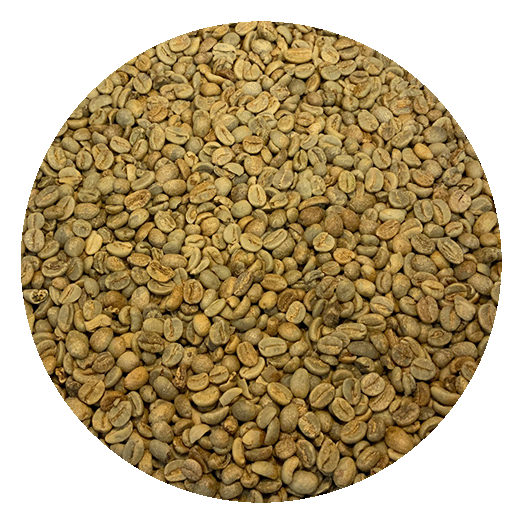
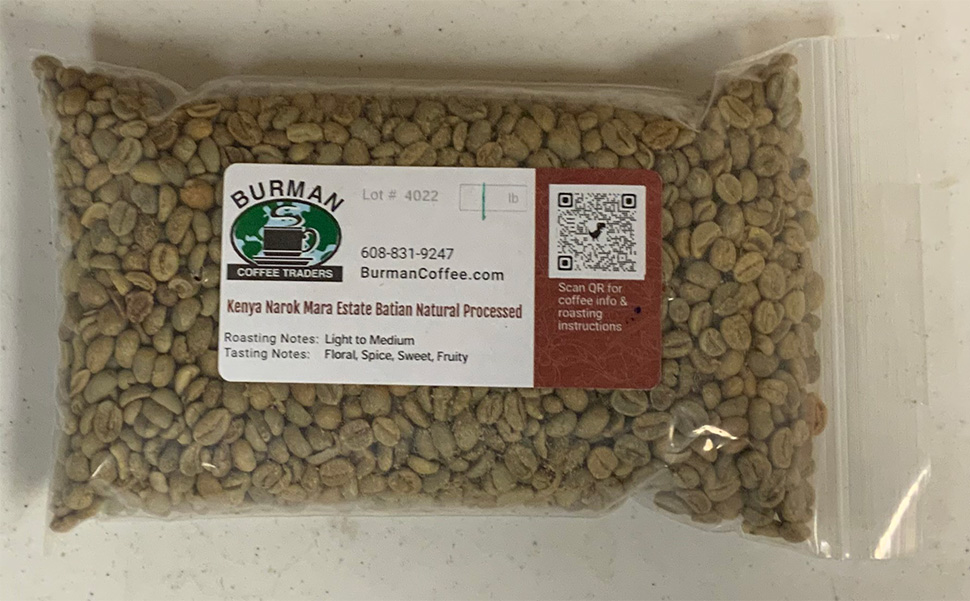
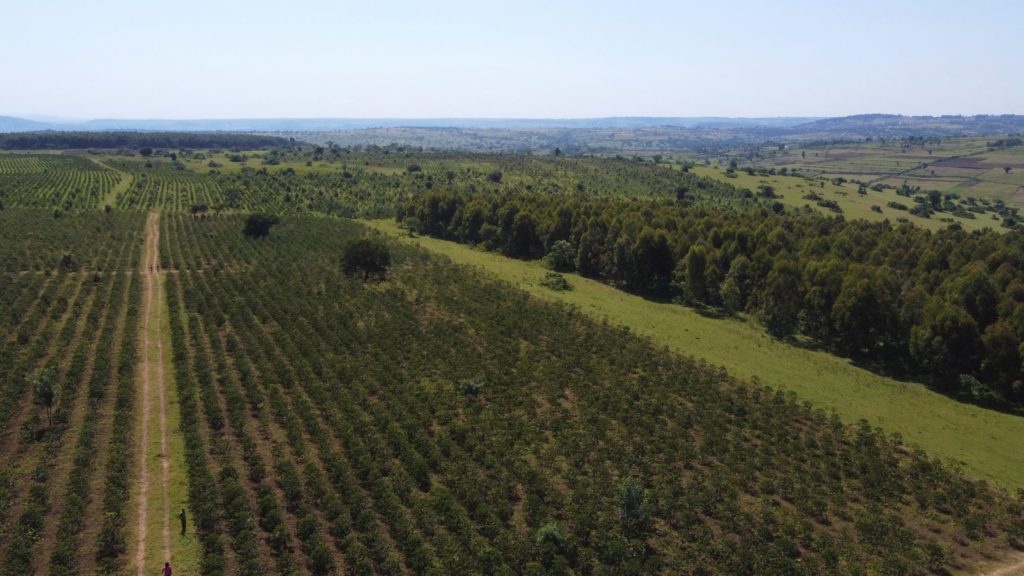
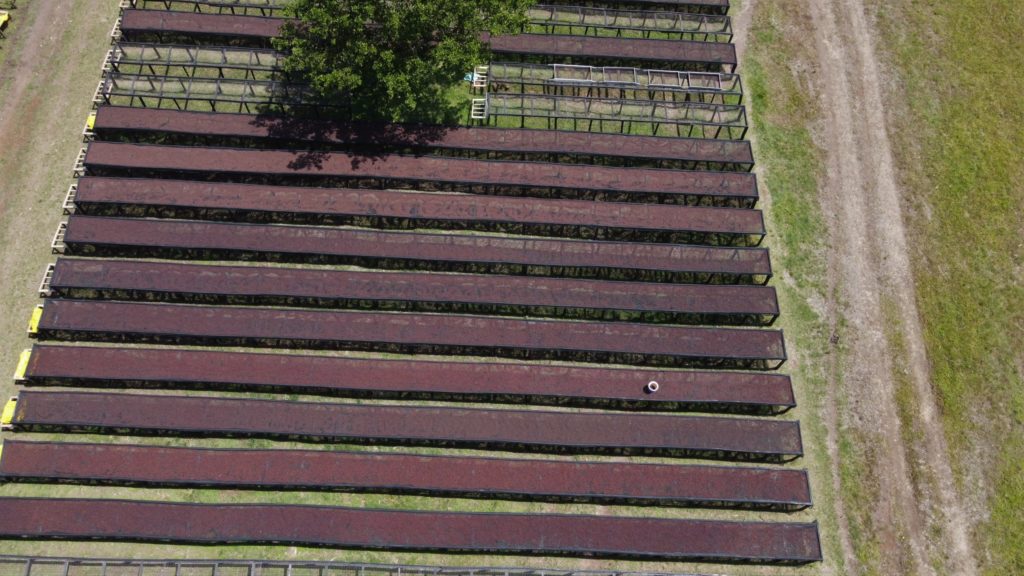
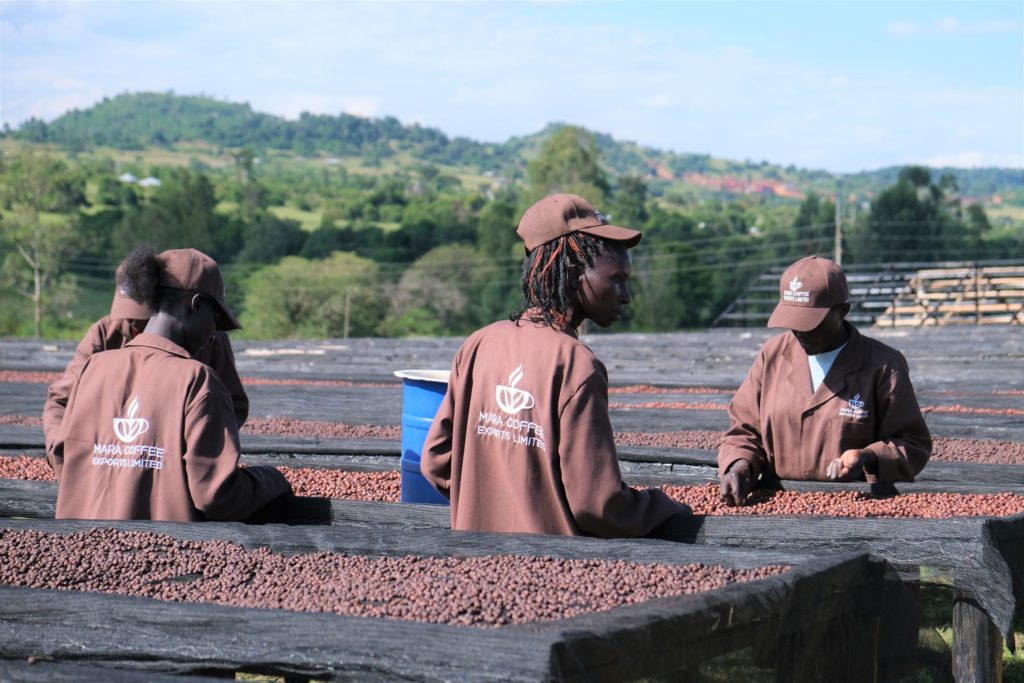
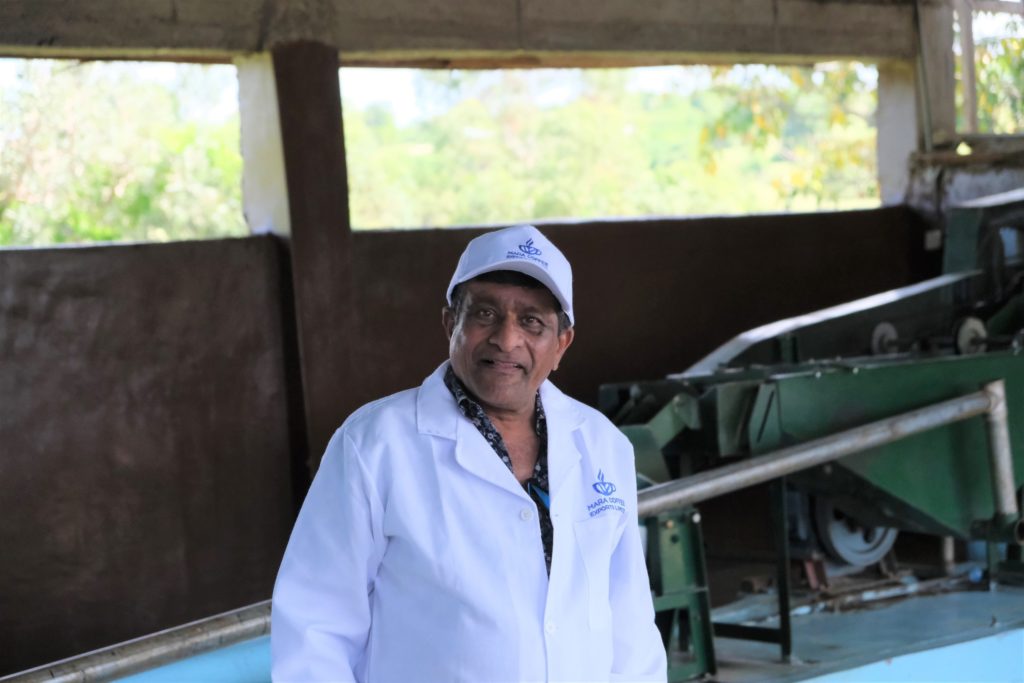
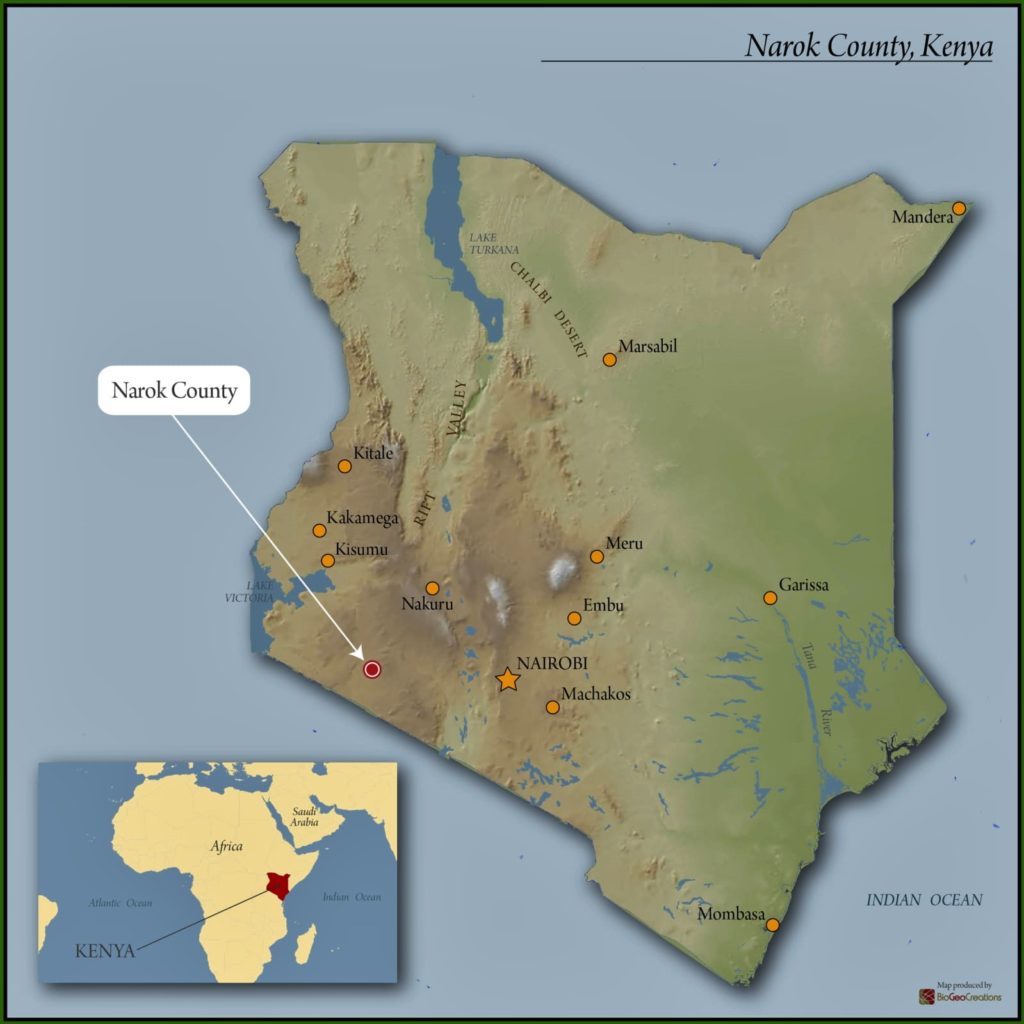
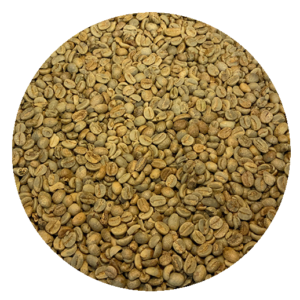
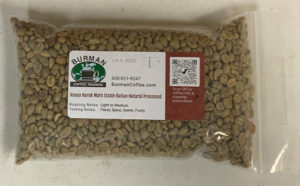
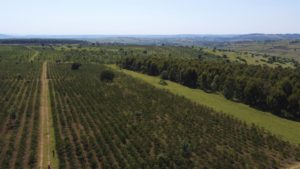
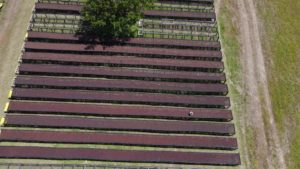
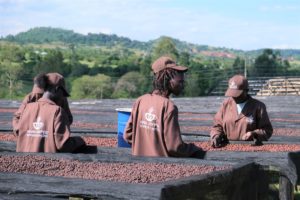
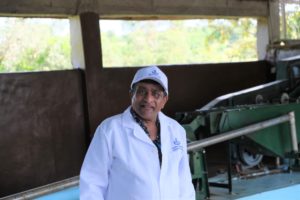
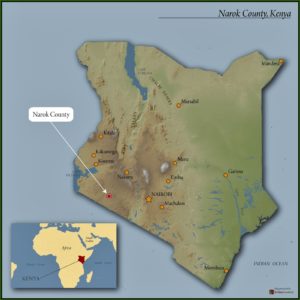
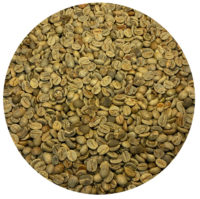

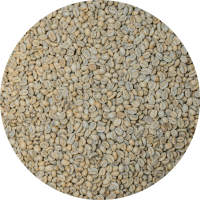
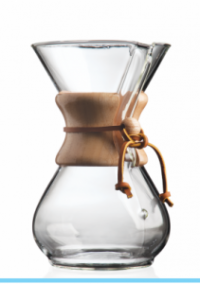

Reviews
There are no reviews yet.